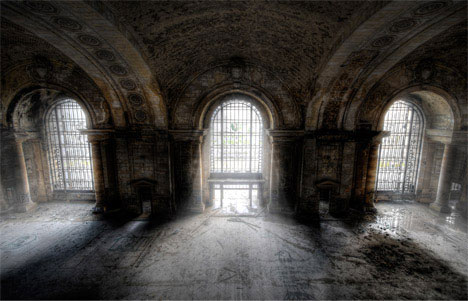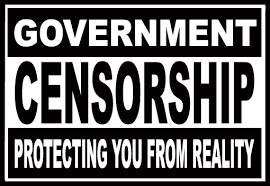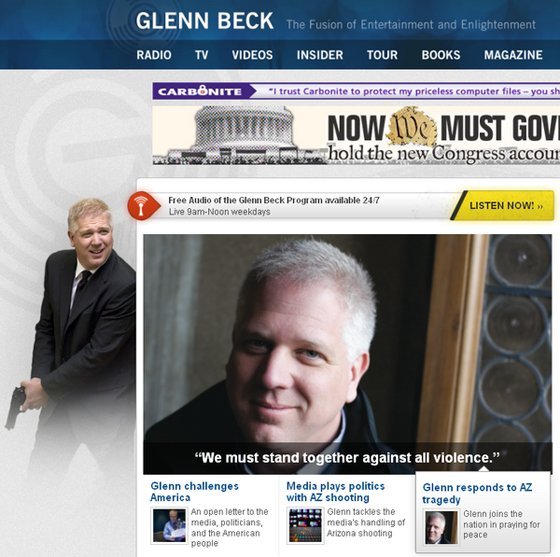 DailyCensored | Due to the theft by Wall Street and powerful elites of the public largess, governments now must contend with painfully depreciated tax revenues due to falling revenue as the rich avoid taxation. This of course threatens to ruin city budgets along with pension funds and the like. In the wake of financial theft, cities and states are told they now must severely cut back on their spending, even as more working people and the poor need governmental services. Vallejo, California has had to declare bankruptcy as a recent example of the potential for exploding bankrupt cities. More might follow and if they do, this would mean ‘failed states’ both locally and nationally.
DailyCensored | Due to the theft by Wall Street and powerful elites of the public largess, governments now must contend with painfully depreciated tax revenues due to falling revenue as the rich avoid taxation. This of course threatens to ruin city budgets along with pension funds and the like. In the wake of financial theft, cities and states are told they now must severely cut back on their spending, even as more working people and the poor need governmental services. Vallejo, California has had to declare bankruptcy as a recent example of the potential for exploding bankrupt cities. More might follow and if they do, this would mean ‘failed states’ both locally and nationally.Take the following as a clue as to what might be lying in wait on the horizon:
- In Detroit, the problem has gotten so bad that a new proposal would deprive a fifth of the city of basic municipal services, like trash collection and police protection.
- Neighboring Hamtramck has run out of services to cut, and expects to spend its last dollar early this year.
- Prichard, Alabama, in a desperate response to depleted coffers, has illegally stopped paying pensions through contributions. Without pension checks, 11 retirees have died, according to the NYT. Others have declared personal bankruptcy. The rest of the 150 retired workers are struggling to get by.
- Newark has cut 13 percent of its police force.
- Camden, N.J., one of the nation’s most dangerous cities, has begun a process of cutting about half of its police department.
This is just the tip of the iceberg. For under capitalism, a system that puts profit before people in very aspect of life, the bond market tends to punish the weakest cities for this is how Wall Street works. As bond ratings agencies downgrade municipalities, and as investors become anxious, yields on municipal bonds rise, meaning it’s more expensive for cities to borrow money. “It’s a downward spiral,” George Rusnak, national director of fixed income for Wells Fargo, told the Wall Street Journal. A downward spiral indeed! One that promises to bring American working people down with it; or at least those, other than the elites, who have not funneled their money into secret foreign banks.
More and more America is eerily resembling a ‘banana Republic’ and one thing is for certain: if the policies of the International Monetary Fund applied to the US, the country would be told that it must privatize its institutions, cut social services and open up its economy to more neo-liberal policies. But the World Bank and the IMF policies do not apply to hypocritical America where asset stripping is done in plain daylight while a disconnected public munches on reality TV and Bread and Circus. Therefore the austerity program is carried out by the bankster’s and their coin operated representatives themselves. It is clearer each day that Rosa Luxembourg, the great German economist was right: “It is either socialism or barbarism.”

















